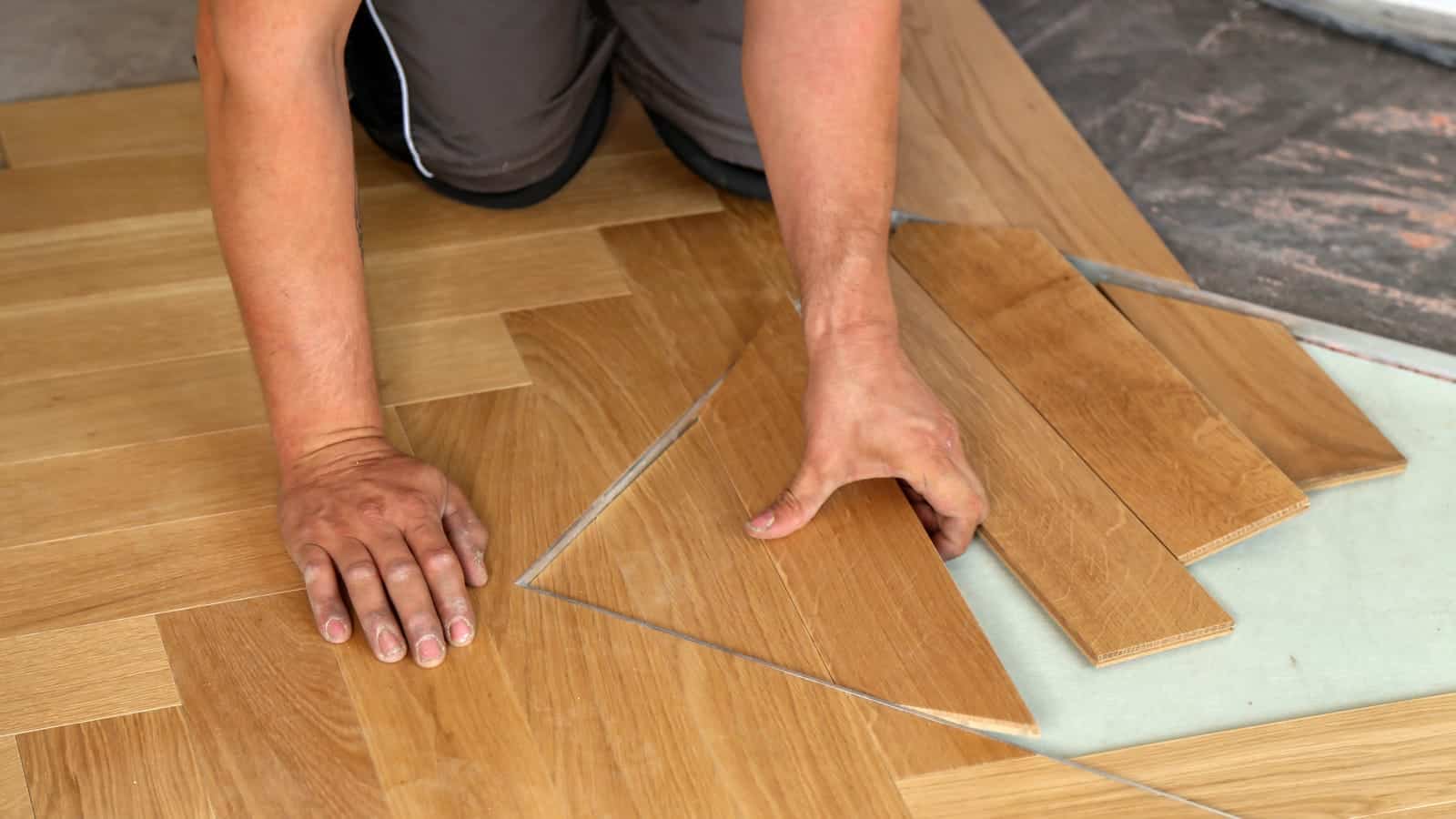ARTICLE ORIGINALLY POSTED OCTOBER 16, 2019 ON WWW.INSURANCENEIGHBOR.COM – UPDATED FEBRUARY 2024
What Is the Cost of Rebuilding?
When planning home renovations, it’s crucial to consider not just the immediate impact on your lifestyle but also the long-term implications, especially in terms of rebuilding costs. For instance, should a fire occur, have you considered the new cost of rebuilding your home in its renovated state? This aspect is often overlooked when updating insurance for home repairs and renovations.
Consider a scenario where you add a new room to your home. This addition not only enhances your living space but also increases the overall value of your property. Consequently, the cost to rebuild your home in case of a total loss, such as a fire, also increases. If your insurance policy does not accurately reflect this new rebuilding cost, you might find yourself underinsured. In such a tragic event, this shortfall could mean having to pay a significant amount out of your own pocket.
In addition, it’s important to note that the guaranteed replacement cost feature in some insurance policies may not cover the modifications made to your home if they were not included in the original policy application. This highlights the importance of regularly reviewing and updating your policy, especially after making significant changes to your property. Keeping your insurance in line with your home’s current value is not just a matter of compliance but a crucial step in protecting your financial security against unforeseen disasters.
Market Value vs. Rebuilding Cost of Your Home
Here’s where many people struggle. They believe that the cost of building their home is the cost they see as their current market value. That’s not the case.
Rebuilding cost is actually higher in most situations. That means that if you were to sell your home today on the market, the value would be less than what it would cost to build that home from the ground up. The reason for this is because it takes more work, labor, and materials to build a home. Those costs can also fluctuate over time as the cost of both labor and materials changes.
Remember that the current market value for your home is based specifically on what people within your community are willing to pay for your property. That takes into account factors like how much the home down the street sold for recently, as well as how modern and up-to-date your home is. When you add to your home through renovations or improve it further, your market value could increase if other people see the same value.
However, the cost to rebuild will increase because you need more materials and skilled labor to do the added work. While these two values can both rise over time, the cost of rebuilding will always increase as long as the cost of materials and labor does.
Should You Change Your Insurance Coverage?
Adjusting your homeowner’s insurance to align with your home’s new value, particularly considering the cost of rebuilding, is a critical step. At Peterson Insurance, our team is ready to assist you in this process. By working with one of our knowledgeable insurance agents, you can gain a clear understanding of the actual cost of rebuilding your home. We’ll also guide you through what to expect in terms of insurance coverage, ensuring that your policy accurately reflects your home’s updated value.
Remember, too, that the amount of homeowners insurance you have should be considered each year. Depending on where your home is located, the value could change based on the demands of labor and materials. Generally, your agent can offer insight into how much coverage is ideal for your home.
To find out how much insurance you may need, reach out to our agent. You can also get a quote online right now.







